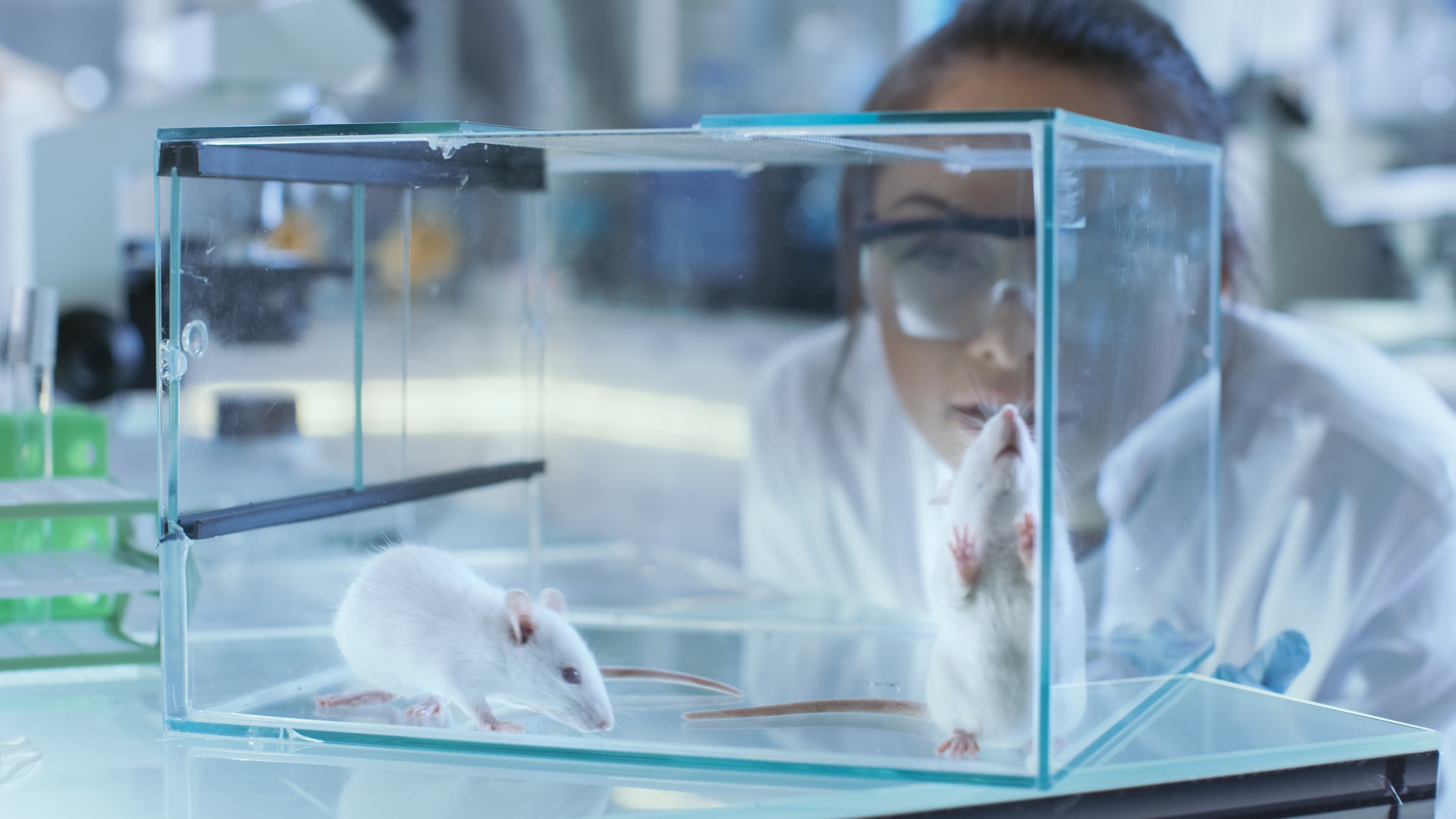Rheumatoid arthritis (RA) is a common systemic inflammatory autoimmune disease that causes chronic bone destruction.
Previous studies have demonstrated that severe gut microbial dysbiosis occurs in RA patients; however, the changes in the gut microbiota that occur during the initiation, development and management of RA remain to be elucidated. What's more, much compelling evidence indicates that probiotics can be used to develop new strategies for the prevention and early treatment of RA but the specific strains are yet to be identified.
Preclinical studies have demonstrated Bifidobacterium's its ability to minimise chronic inflammation and balance the immune response involved in autoimmune diseases. In addition, B. pseudocatenulatum has been reported to inhibit inflammation, thereby reversing the adverse effects of diet-induced obesity, and is a promising probiotic that can modulate the gut–bone axis. Yet its interactions with the gut–joint axis remain to be demonstrated in RA.
In the current research, a Chinese team of researchers tested the impact of probiotic intervention on bile acids (BAs) and gut microbiota composition.
They conclude that they have uncovered a "critical role for B. pseudocatenulatum in the prevention of TGR5-mediated CD4+T cell-driven pathology development".
"The current work demonstrates the innovative implication that the use of a single bacterium, B. pseudocatenulatum, can prevent the pathogenesis of RA by modulating intestinal homeostasis and immune metabolism," the report states.
"Our findings support the prevailing idea that probiotics may be a new strategy for preventing and treating RA in humans."
They note that further in-depth studies of RA patients are warranted to verify the findings in humans.
Clinical cohort
To identify gut microbiota alterations due to the disease state of RA, the team recruited a clinical exploratory cohort to analyse the species composition in faecal samples and define the genera by 16S rRNA sequencing and bioinformatics analysis. This analysis revealed the richness of gut microbes was markedly greater in RA patients than in their relatives, and clear differences were found in the structure of the microbial community between the two groups.
Among these microbes, 16 taxa, including Bifidobacterium and Stenotrophomonas, were found to be enriched in samples obtained from the RA patient family members. Notably, Bifidobacterium abundance was negatively correlated with the levels of common clinical rheumatology laboratory and activity indicators, such as rheumatoid factors (RF), C-reactive protein (CRP), cyclic citrullinated peptide (CCP), clinical disease activity index (CDAI) and disease activity score 28 joint (DAS 28).
In addition, the presence of anti-keratin antibody (AKA) has been shown to correlate with disease severity and activity, which is crucial for the early diagnosis and prognosis of RA. Analysis of the correlation between the levels of abundant species and AKA levels revealed a greater richness of Bifidobacterium in the AKA-negative group than in the AKA-positive group.
The experiment
Collagen-induced arthritis mice models were used to test the impact of administration of the probiotic before and after treatment. The mice in the prevention group were administered 0.2 mL B. pseudocatenulatum daily for 21 days before receiving antibiotic treatment. The treatment group were administered the strain for 21 days after receiving the immunisation. Subsequent blood and faeces samples were taken to measure bile acid quantity. The study also included a control and a placebo group.
The animal study indicated that preventative treatment with of B. pseudocatenulatum noticeably delayed disease onset.
The report states: "Excitingly, disease onset was markedly slowed in the prevention group, and the degree of disease progression was milder and similar to that observed in the etanercept-treated group. The occurrence of arthritis symptoms in the treatment group was analogous to that in the CIA group, with little or no amelioration."
Co-culture model
For the co-culture model, intestinal epithelial IEC-6 cells and Caco-2 cells (human clonal colon adenocarcinoma cells) were cultured.
After apposition, cells were incubated for six hours under lipopolysaccharide stimulation to produce pro-inflammatory cytokines. Subsequently, 106 CFU/mL of live bacterial suspension was added to the medium. Culture samples were collected after 6–8 h to detect the secretion of TNF-α, IFN-γ, and IL-17A.
The report explains: "To clarify the role of BAs in the regulation of inflammation, we investigated the correlation between cytokine and BA levels. The analysis showed that LCA and DCA levels were significantly negatively correlated with the levels of proinflammatory factors, such as TNF-α and IL-17A, and positively correlated with the levels of the anti-inflammatory factor IL-10.
"We subsequently experimentally demonstrated that DCA dramatically reduced the expression of inflammatory factors in Caco-2 cells and inhibited critical inflammation-generating receptors and pathways, namely the TLR4/NF-κB pathway, while the effect of LCA was unremarkable."
The role of bile salt hydrolase
Bile salt hydrolase (BSH) hydrolyses conjugated BAs in the intestine to form amino acids and de-conjugated BAs (e.g., LCA and DCA) and is mainly secreted by probiotic bacteria during growth and reproduction. BAs, in turn, can reshape the composition of the gut microbiota by directly regulating bile metabolizing bacteria and BSH activity.
LCA and DCA are the most potent agonists of Takeda G protein-coupled receptor 5 (TGR5), a bile acid-activated membrane receptor that mediates the anti-inflammatory function of certain BAs. Thus, the interaction between the gut microbiota and BAs is crucial for the regulation of the inflammatory response.
In particular, regulation of CD4+ T-cell differentiation is essential to maintain an optimal balance of CD4+ T-cell subsets to support immune homeostasis and prevent autoimmunity. However, the role of gut microbiota-mediated changes in BA composition on the regulatory mechanisms of CD4+ T-cell to improve disease progression in RA has not been previously reported; hence the subject of the study presented here.
Source: Nutrients
https://doi.org/10.3390/nu15020255 (registering DOI)
"Bifidobacterium pseudocatenulatum-Mediated Bile Acid Metabolism to Prevent Rheumatoid Arthritis via the Gut–Joint Axis"
Zhao, Q.; Ren, H.; Yang, N.; Xia, X.; Chen, Q.; Zhou, D.; Liu, Z.; Chen, X.; Chen, Y.; Huang, W.; Zhou, H.; Xu, H.; Zhang, W.


